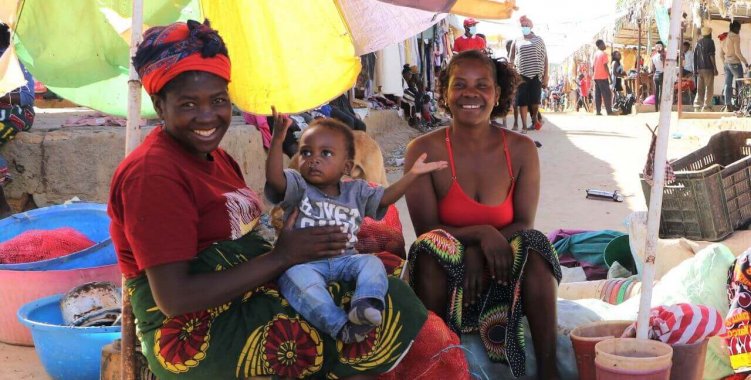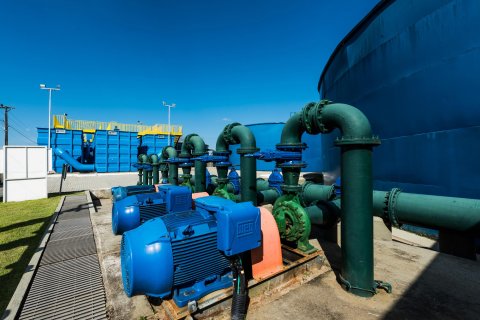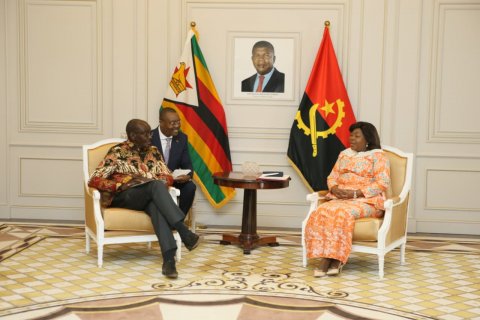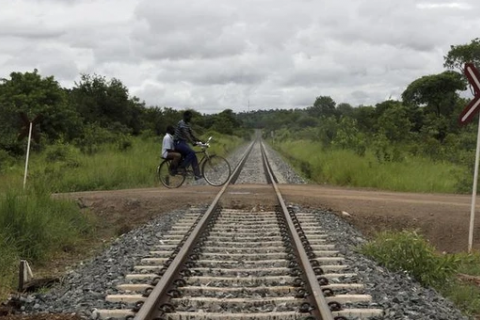Francisco Furtado was speaking at the ceremony that preceded the start, at zero o'clock on Thursday, of the second population and housing census that Angola carries out post-independence.
According to Francisco Furtado, with the census the Government will have the necessary tools to plan and forecast, with reliable data, the investments to be made in the different sectors and regions of the country.
The governor also declared that the census will allow the conception and development of public policies, which help to overcome existing deficits in the economic, social, cultural and infrastructural domains, demographic control and planning, in view of the birth rate progressions, guarantee effective protection of the vulnerable and design sustainable development plans and programs, under the responsibility of public actors and civil society.
“Within a few hours the census period will begin throughout the country and the motto: “Together we count for Angola” clearly expresses the importance of the need to count the country’s population, as ten years have passed since the last general census was carried out. of the population,” he said.
According to the Minister of State and head of the Military House of the President of the Republic, data from the demographic census allow us to understand the reality of the entire population in the year it was carried out, obtaining a much clearer picture of living conditions and inequalities. of the country and make it possible to prepare projections for the country in various areas.
The size and structure of the population, declared Francisco Furtado, has an impact on economic growth, as well as on its public finances, influencing its ability to develop and maintain essential policies, such as social protection, access to health, education, housing and security public.
“In the middle of the census, the government executive will be able to know how many Angolans live in conditions of poverty, debate and plan actions to promote development, public policies for the well-being of the country's populations”, he stressed.
The preparation of the census lasted almost 21 months, the government official highlighted, to ensure the successful completion of “this is the largest statistical operation” that Angola will carry out from this Thursday, for 30 days, with door-to-door data collection of more than 79 thousand census agents, through 'tablets', which opens “a modern era in the census collection mechanism” and guarantees greater fluidity in the processing and analysis of statistical data.
Data collection began at zero hours with data collection from homeless people and collective institutions. For this process, the Executive made available around 30 billion kwanzas.
In 2023, INE estimated a population of around 35.1 million inhabitants for Angola, taking into account the birth rate, mortality and other factors.
The last General Population Census was carried out between the 16th and 31st of May 2014 and the definitive national global data indicated a national population above 25.7 million people.
In 2014, the process involved around 105 thousand people and a budget of US$20 million.
In 1970, five years before the country's independence, Angola had more than five million inhabitants.







